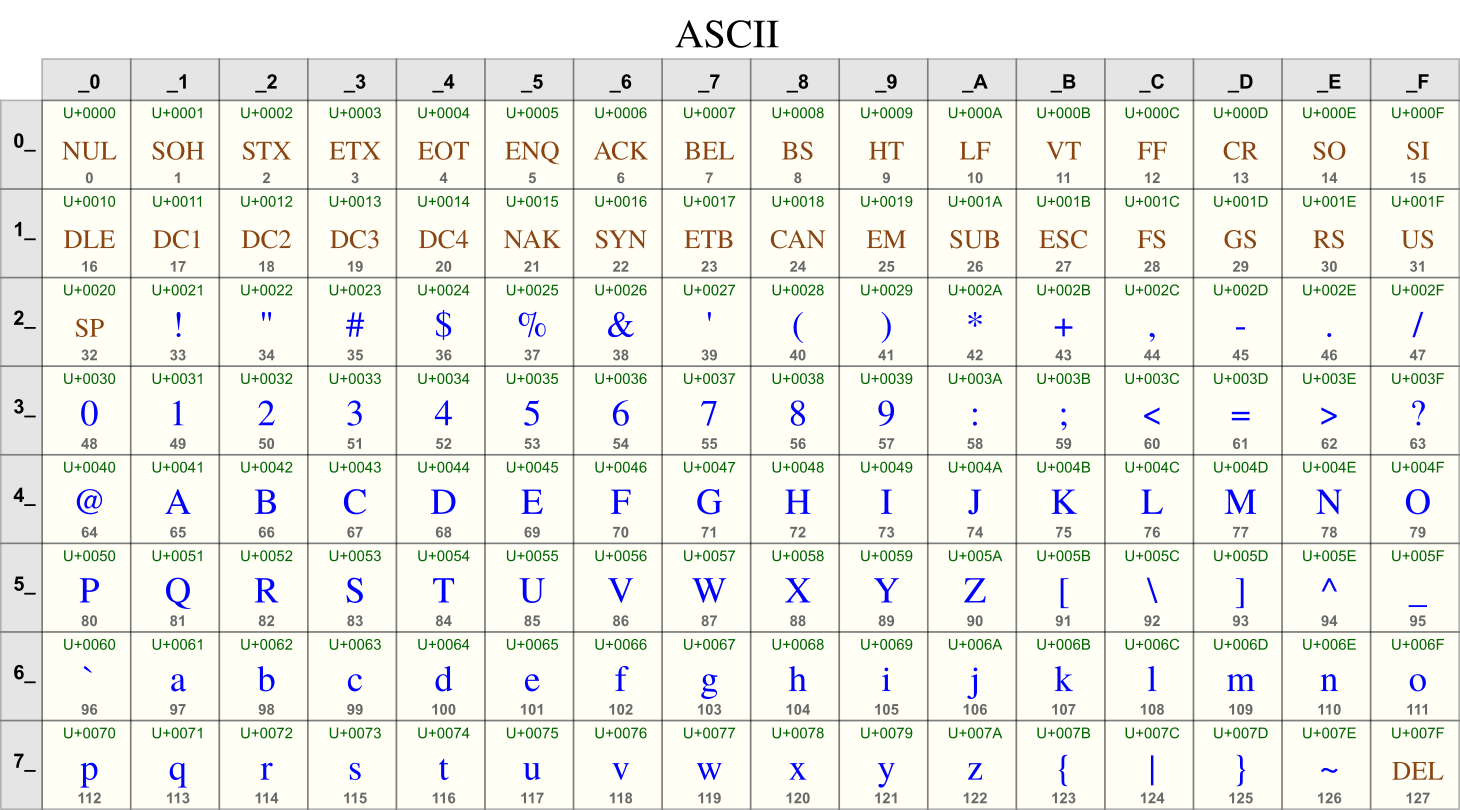Regex Replace Unicode Character With Corresponding Letter
Regex Replace Unicode Character With Corresponding Letter - Regexp.prototype.unicode has the value true if the u flag was used; I need to replace characters with an accent with their base letter á => a ñ => n i can use equivalence classes like [[=n=]] in regexp_replace, but then i need to call it for each. As used within replacement strings for regular expressions, expands to the text matching the n th parenthesized group in a corresponding regular expression. When it comes to replacing unicode characters, the replace method can be utilized in conjunction with regular expressions to target specific unicode characters or ranges. Tool to find and replace by regular expression (regexp/regex) in text, message, or document to perform the corresponding replacements. Regional indicators are also called unicode letter emojis. See stackoverflow.com/questions/4304928/… what you are looking for.
Tool to find and replace by regular expression (regexp/regex) in text, message, or document to perform the corresponding replacements. You need to specify the re.unicode flag, and input your string as a unicode string by using the u prefix: Is there a way to do. For negated sets, use \p{}.
For negated sets, use \p{}. In java 7, unicode regex is supported with unicode_character_class flag or embeddable (?u). You need to specify the re.unicode flag, and input your string as a unicode string by using the u prefix: See stackoverflow.com/questions/4304928/… what you are looking for. I need to replace characters with an accent with their base letter á => a ñ => n i can use equivalence classes like [[=n=]] in regexp_replace, but then i need to call it for each. Tool to find and replace by regular expression (regexp/regex) in text, message, or document to perform the corresponding replacements.
[Solved] Notepad++ Replace regex match for same text plus 9to5Answer
How to Find & Replace Text Using Regex in Excel ExcelDemy
Similar to escape sequence character sets, the \p{} construct offers various predefined sets to work with unicode. I want to replace this with the corresponding ascii letter. So, 🇦🇧🇨 would be replaced with abc. You can use the more restricted. Text.replace(/[ \u202f]*([!\?])/g, \u202f$1) converts zero or more space or narrow non break space characters in text, followed by '!' or '?', into a single narrow non break space.
If the regex pattern is a string, \w will match all the characters marked as letters in the unicode database provided by the unicodedata module. When it comes to replacing unicode characters, the replace method can be utilized in conjunction with regular expressions to target specific unicode characters or ranges. Tool to find and replace by regular expression (regexp/regex) in text, message, or document to perform the corresponding replacements. I need to replace characters with an accent with their base letter á => a ñ => n i can use equivalence classes like [[=n=]] in regexp_replace, but then i need to call it for each.
As Used Within Replacement Strings For Regular Expressions, Expands To The Text Matching The N Th Parenthesized Group In A Corresponding Regular Expression.
You'll also need to set the u flag. To replace all chars that don't belong to the ascii table, just check if the char has a char code up to 127, since the ascii table char codes are defined between 0 and 127 (notice that á doesn't. Similar to escape sequence character sets, the \p{} construct offers various predefined sets to work with unicode. You can use the more restricted.
In Java 7, Unicode Regex Is Supported With Unicode_Character_Class Flag Or Embeddable (?U).
So, 🇦🇧🇨 would be replaced with abc. Tool to find and replace by regular expression (regexp/regex) in text, message, or document to perform the corresponding replacements. Regional indicators are also called unicode letter emojis. A unicode character class escape is a kind of character class escape that matches a set of characters specified by a unicode property.
For Example, /\Cm\Cj/ Matches \R\N.
I want to replace this with the corresponding ascii letter. You need to specify the re.unicode flag, and input your string as a unicode string by using the u prefix: Is there a way to do. I need to replace characters with an accent with their base letter á => a ñ => n i can use equivalence classes like [[=n=]] in regexp_replace, but then i need to call it for each.
Regexp.prototype.unicode Has The Value True If The U Flag Was Used;
Regexp.prototype.unicodesets has the value true if the v flag was used; 24 rows unicode character class escape: If the regex pattern is a string, \w will match all the characters marked as letters in the unicode database provided by the unicodedata module. See stackoverflow.com/questions/4304928/… what you are looking for.
You'll also need to set the u flag. For example, /\cm\cj/ matches \r\n. You can use the more restricted. A unicode character class escape is a kind of character class escape that matches a set of characters specified by a unicode property. Text.replace(/[ \u202f]*([!\?])/g, \u202f$1) converts zero or more space or narrow non break space characters in text, followed by '!' or '?', into a single narrow non break space.






